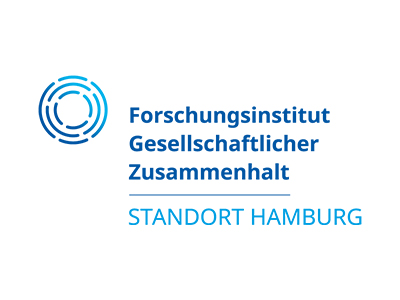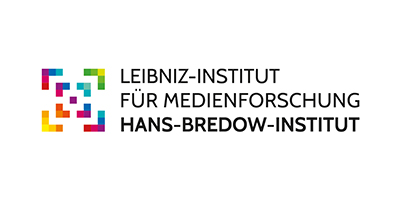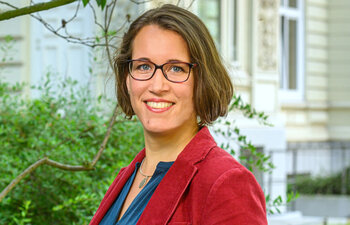The Leibniz Institute for Media Research | Hans Bredow Institute (HBI) contributes the perspective of communication and media research to the FGZ. For decades the HBI has been researching media change and the structural changes in public communication associated with it. It works in a cross-media, interdisciplinary and independent manner to create a sound knowledge of the media society both in the field of basic science and transfer research.
The HBI's contribution to the RISC aims to answer a central question: How do media and communication support, strenghten or weaken social cohesion? This question implies that our social life, and thus also social cohesion, is largely based on communication. In order to understand social change, we must therefore always consider changes in communication and media. While mass media, i.e. print and broadcasting media, have shaped our society for a long time, in the 21st century digital media have moved to center stage. They enormously accelerate the production, distribution and use of news as well as private and personal communication. Thanks to digital media, citizens can exchange information with other people almost everywhere and at any time. But they also have to live with the fact that all their activities are "datafied", i.e. automatically stored, aggregated, and analysed.
This change in the media structure of our society has consequences for social cohesion, which we understand as a process in which people relate to each other through communication. This includes exchange between individuals or in small groups, but public communication is still formative for society as a whole. On the one hand, it allows people to recognise issues of wider social relevance, to gain knowledge about upcoming issues, decisions and events, and to communicate and share fundamental values. On the other hand, public communication in a democracy should also reflect the diversity of life situations, interests and cultural ideas.
Media Change and Public Communication
Against this background, our research will investigate how media change affects the structures and processes of public communication. In the coming years, the HBI will work on three interrelated topics from a social science and legal perspective:
First, it will investigate how people in different social situations contribute to the creation of public spheres and social cohesion or to fragmentation and polarization through their use of media. Several representative surveys form the empirical basis of this subproject.
Secondly, the significance of journalism for social cohesion is investigated. On the basis of a survey of journalists and a population survey, journalistic role self-image and societal expectations of journalism will be surveyed and compared.
Thirdly, the integration function of public service media will be examined. Several empirical studies will determine how citizens perceive and evaluate the services of public service providers. These findings will be classified according to media law and condensed into recommendations for media policy..
Establishment of the Social Media Observatory
A further project of the FGZ-Hamburg concerns the conception and establishment of a "Social Media Observatory" (SMO), which will enable the systematic and continuous observation of the journalistic-journalistic and social media public. The data will be used in the above mentioned subprojects, but will be available to other locations. Through workshops and other information services, the SMO also supports the development of methodological competencies in the RISC.
Research Projects
All research projects at the Hamburg site can be found here.
Aktuelles
Zwischen den Algorithmen: Äußere Einflussnahme auf den Wahlkampf?
» Externer LinkA Generalized Approach to Protest Event Detection in German Local News
Team
Verena Albert
Hannah Immler












